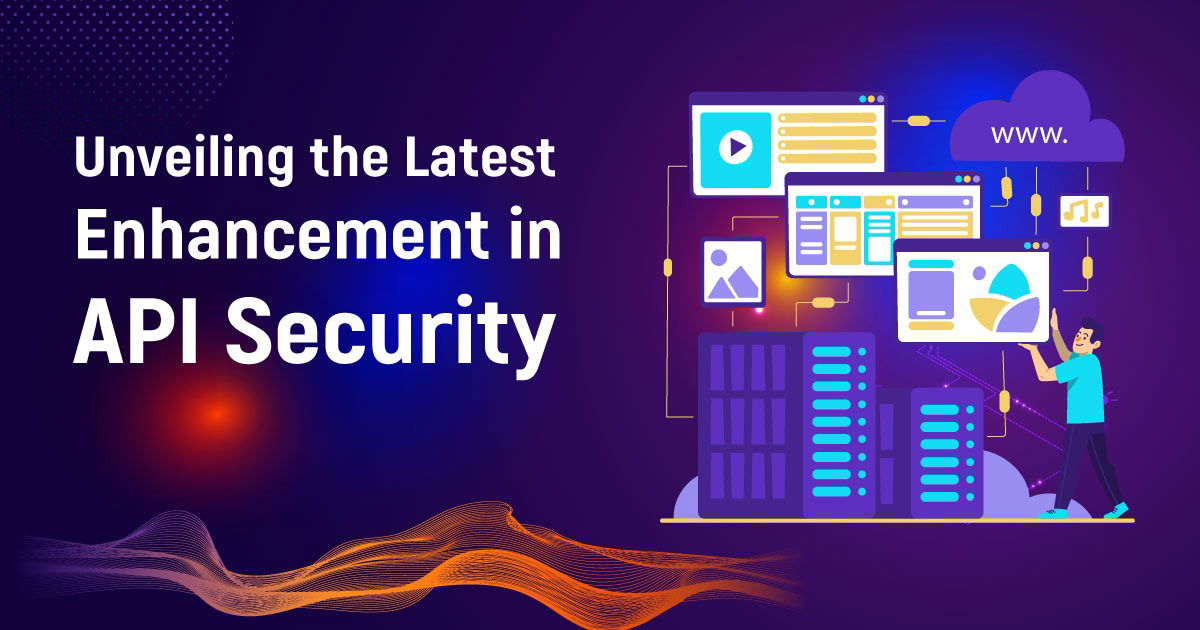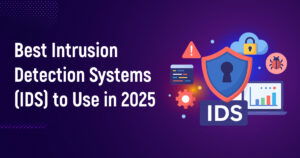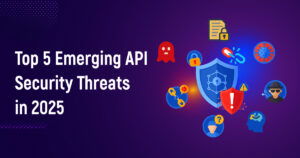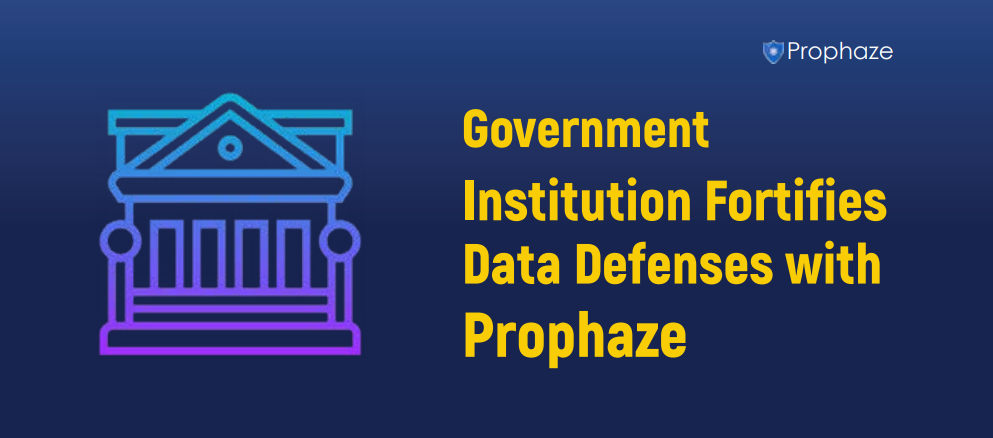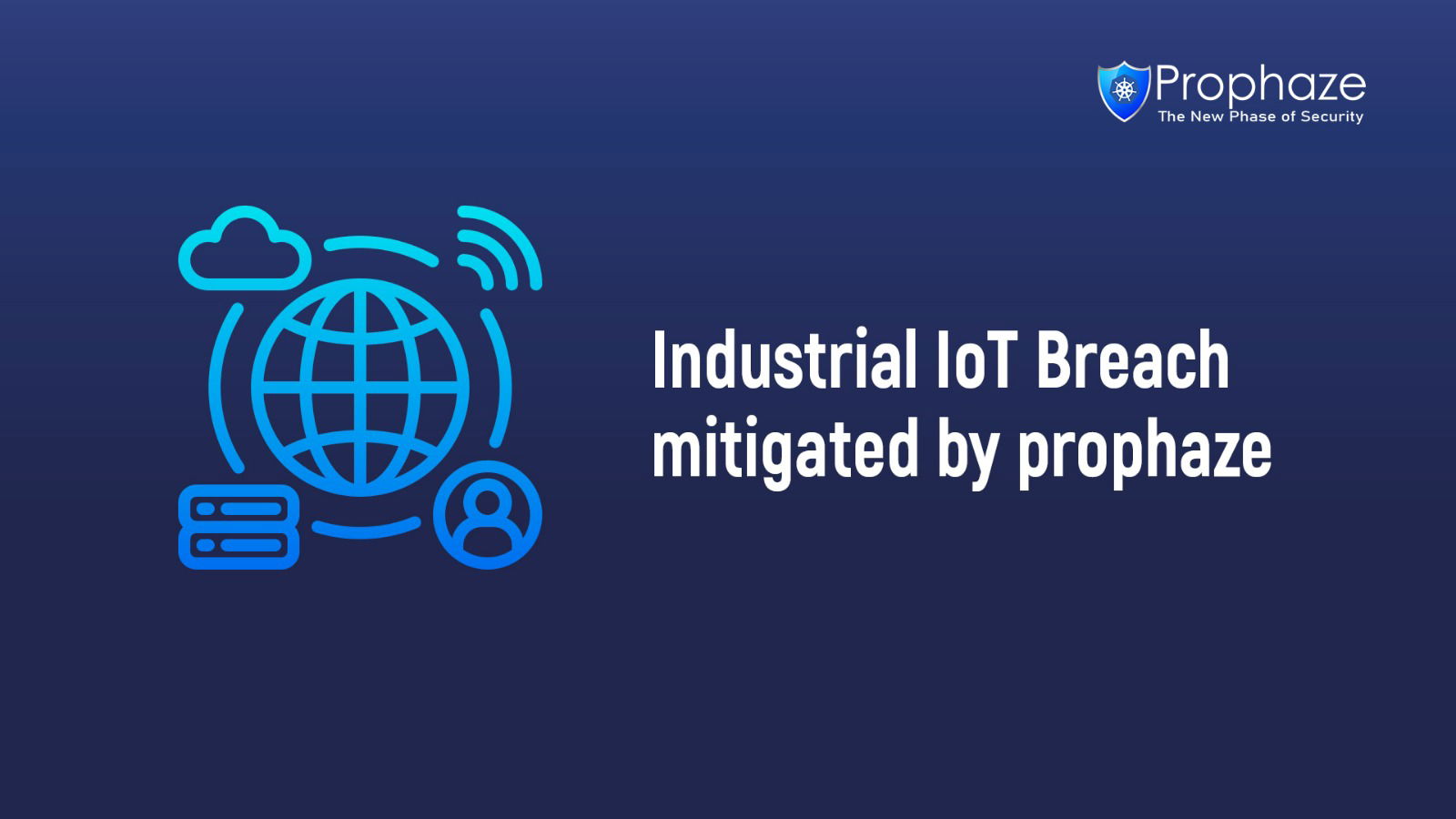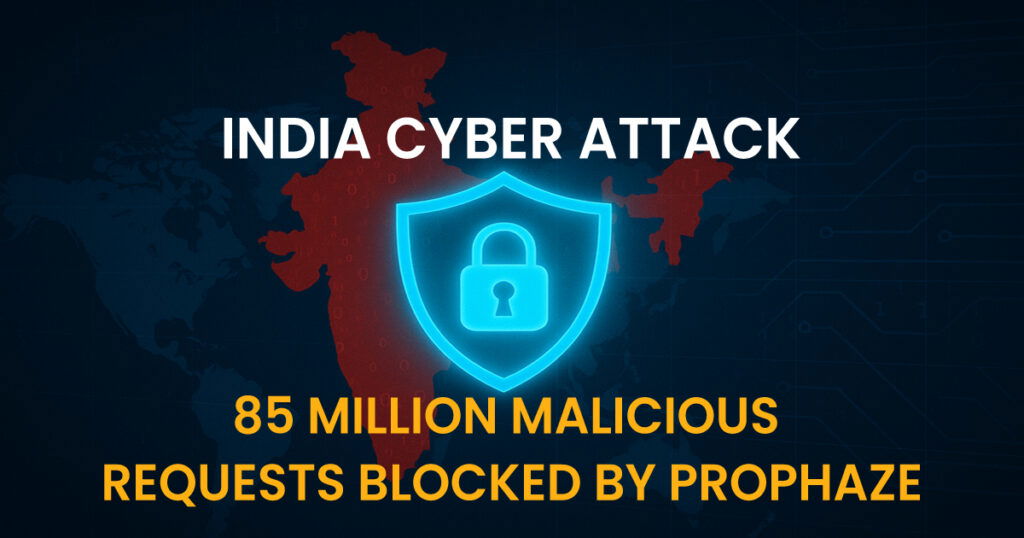In today’s digital landscape, APIs have become the backbone of modern software development, enabling seamless integration and data exchange between applications. However, as APIs continue to evolve and expand, ensuring their security is paramount. The current scenario of API security is characterized by an ever-evolving threat landscape, with cybercriminals constantly devising new techniques to exploit vulnerabilities in APIs. From injection attacks to unauthorized access and data breaches, the consequences of API security breaches can be severe, resulting in financial loss, reputational damage, and compromised user data.
Current Scenario of API Security
Recent research has shown that API security is a significant issue for organizations. The study also found that the incidence of API attacks and the cost of API attacks was $3.6 million.
The study also recognized the following as the top three API challenges:
API security risks underestimated:
Many organizations are unaware of the hazards connected with APIs.
Lack of resources for API security measures:
Many organizations need more resources to implement necessary API security measures.
Absence of a comprehensive API security plan:
A comprehensive API security plan is lacking in many organizations.
Introducing the Next Level of API Security
To combat these challenges, much-needed enhancements in API security are essential. Organizations need robust solutions that go beyond traditional security measures and provide the following mitigation strategies:
Advanced Threat Detection and Protection:
Machine learning and behavioral analysis techniques enable real-time monitoring of API traffic, allowing the identification of suspicious activities, anomalies, and potential threats. Organizations can proactively respond to new threats by continuously analyzing patterns and behaviors and stopping attacks before they cause serious harm.
Enhanced Authentication and Authorization:
API security measures now focus on strengthening authentication and authorization mechanisms. Beyond traditional username-password combinations, multi-factor authentication (MFA) and biometric authentication are gaining prominence. Robust authorization frameworks, such as OAuth 2.0 and OpenID Connect, enable secure access controls and granular permissions, ensuring that only authorized entities can access specific API endpoints or resources.
Secure API Gateways:
API gateways act as the first line of defense, protecting APIs from unauthorized access and attacks. It includes advanced API gateways containing features like rate limiting, IP filtering, payload inspection, and traffic encryption. These gateways offer centralized management, real-time monitoring, and logging capabilities, empowering organizations to enforce security policies and detect potential vulnerabilities.
Runtime Protection and Threat Intelligence:
Runtime protection involves actively monitoring and securing APIs during their operation. Machine learning algorithms analyze API behaviors, traffic patterns, and data flows, enabling the detection of anomalies and potential threats in real time. Integrating threat intelligence feeds improves the ability to detect and respond to new threats as they emerge.
Secure DevOps Practices:
API security is integrated into the DevOps process, and ensuring safety is a shared responsibility throughout the software development lifecycle. Certain coding practices, automated security testing, and continuous security assessments are incorporated early on, minimizing vulnerabilities and reducing the risk of introducing security flaws.
Threat Intelligence Sharing:
Organizations are becoming more involved in risk intelligence-sharing communities and platforms. Collaboration and knowledge sharing enables a proactive approach to API security, as threat intelligence helps organizations prevent future attacks.
Displaying the latest advances in API security
APIs are becoming increasingly important in the modern globe as they allow applications and systems to communicate with one another. But APIs are also a prime target for attackers, as they may be employed to steal data or disrupt services. In recent years, API security has received increasing attention. Organizations are using various methods to secure their APIs.
Authentication and Authorization:
This ensures that only authorized users can access the API.
Encryption:
This protects the data sent via the API. Input validation: This prevents attackers from injecting malicious code into the API.
Logging and Monitoring:
This helps detect and respond to API attacks. The most recent API security advancements API security has recently undergone numerous changes, such as Artificial Intelligence and Machine Learning API attacks can be detected and prevented using artificial intelligence and machine learning.
Embrace cloud-based API security solutions:
Cloud-based API security solutions can provide organizations with a scalable and cost-effective way to protect their APIs Developing new API security standards: New API security standards, such as OpenAPI security best practices, help improve API security.
Latest Enhancements in API Security

There have been several recent enhancements to API security, including:
The use of AI and machine learning:
AI and machine learning can be employed to detect and avoid API assaults.
Adopting cloud-based API security solutions:
Cloud-based API security solutions can provide organizations with a scalable and cost-effective way to protect their APIs.
The development of new API security standards:
New API security standards, such as the OpenAPI Security Best Practices, are helping to improve the security of APIs.
Ready to take your API security to the next level?
In today’s interconnected world, where APIs are essential to digital transformation, staying ahead of security threats is non-negotiable. Prophaze, a leading provider of cutting-edge cybersecurity solutions, is revolutionizing the field of API security by offering the next level of protection. With their advanced technology and innovative approach, Prophaze takes API security to new heights, ensuring organizations can confidently protect their critical assets and maintain the integrity of their API ecosystems.
With Prophaze, organizations can proactively defend against emerging threats, secure sensitive data, and maintain the trust of their users and partners. Reach out to our team at Prophaze today to learn more about our enhanced API security solutions and how they can benefit your organization. Together, let’s build a secure and resilient API ecosystem.

